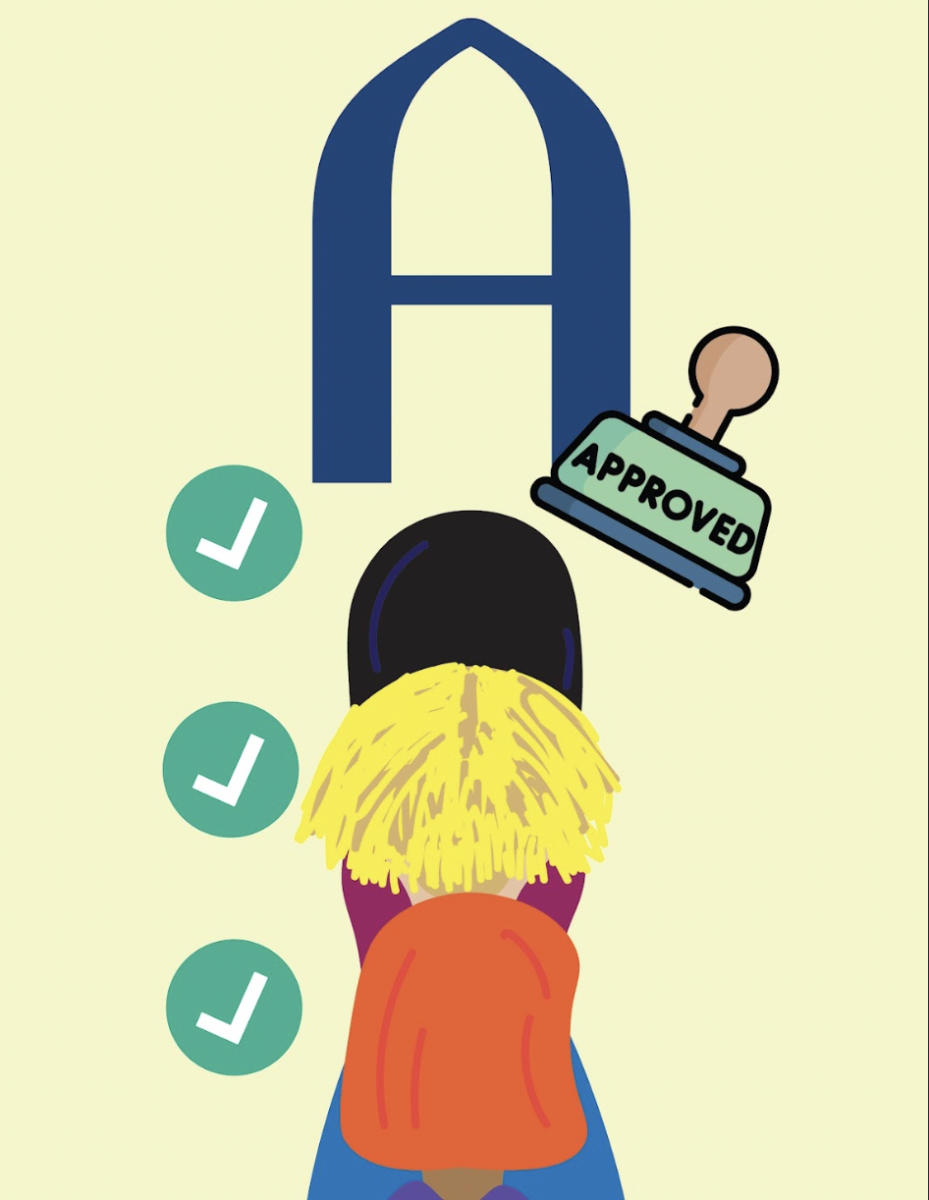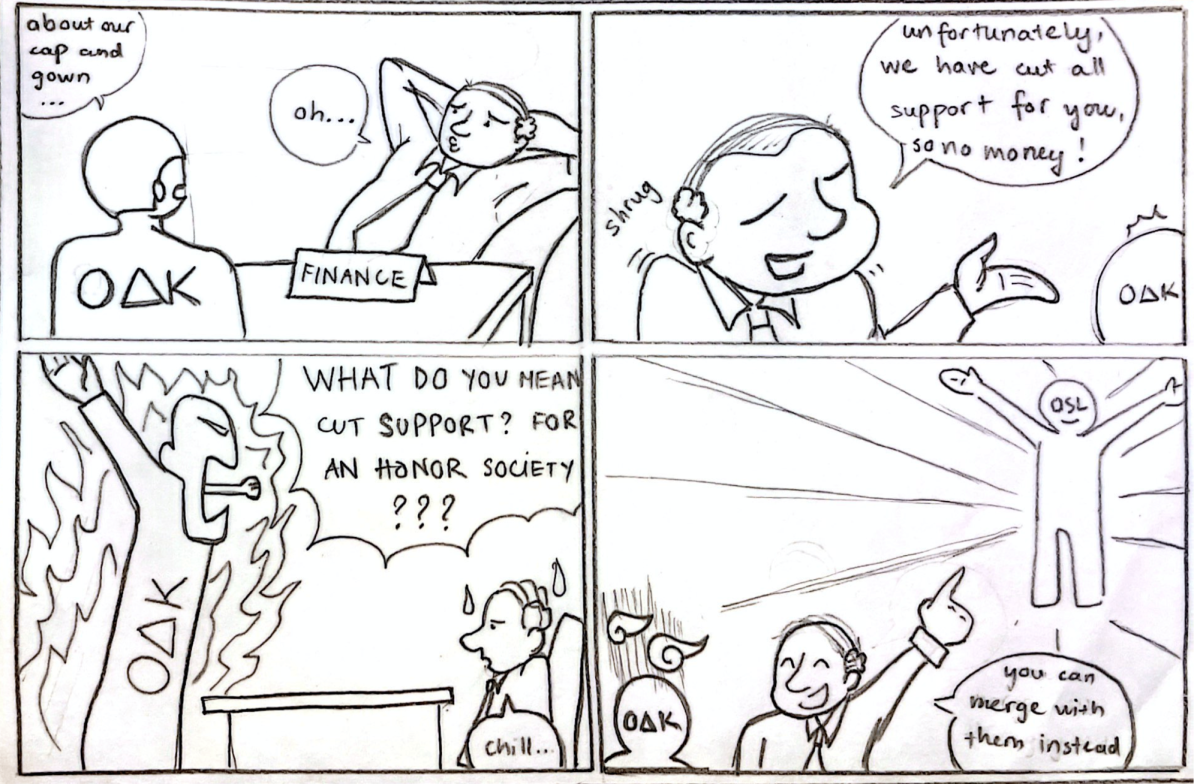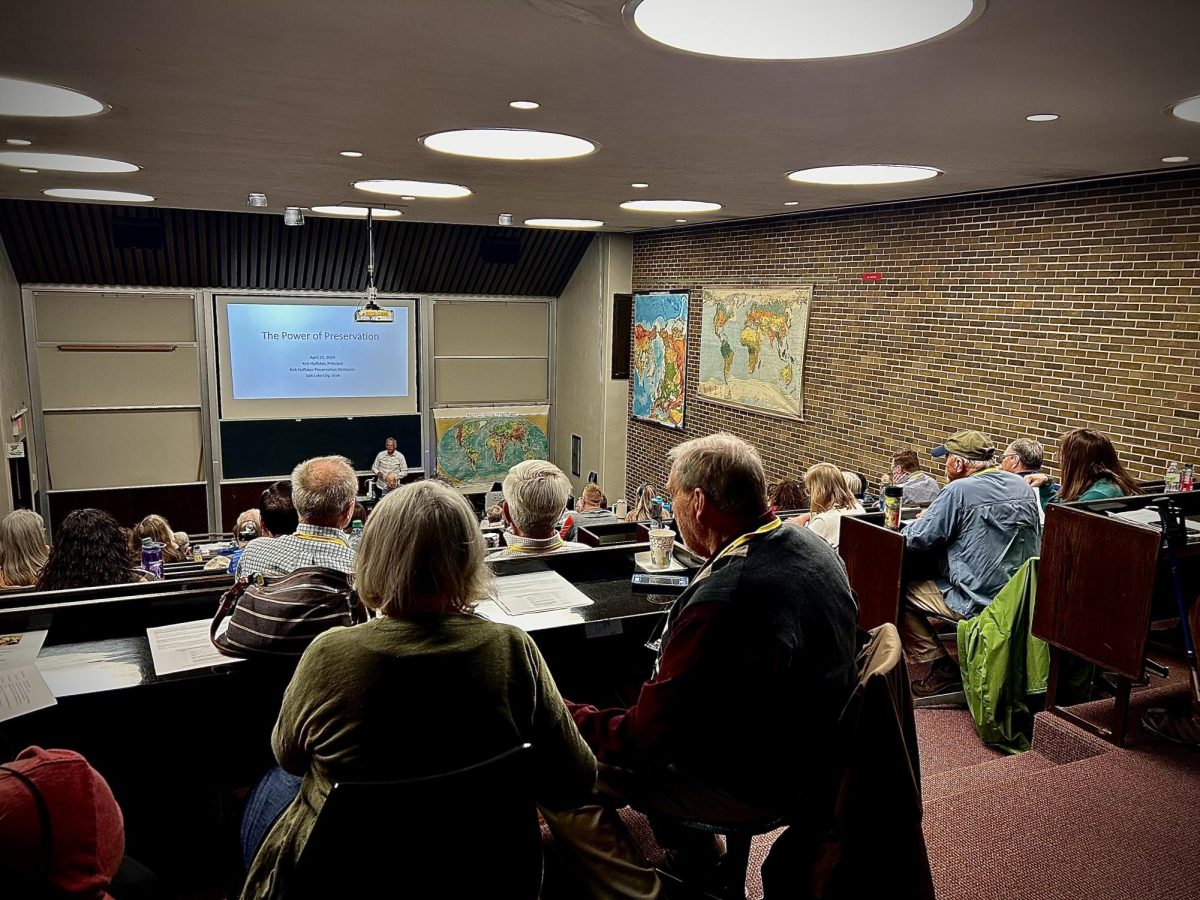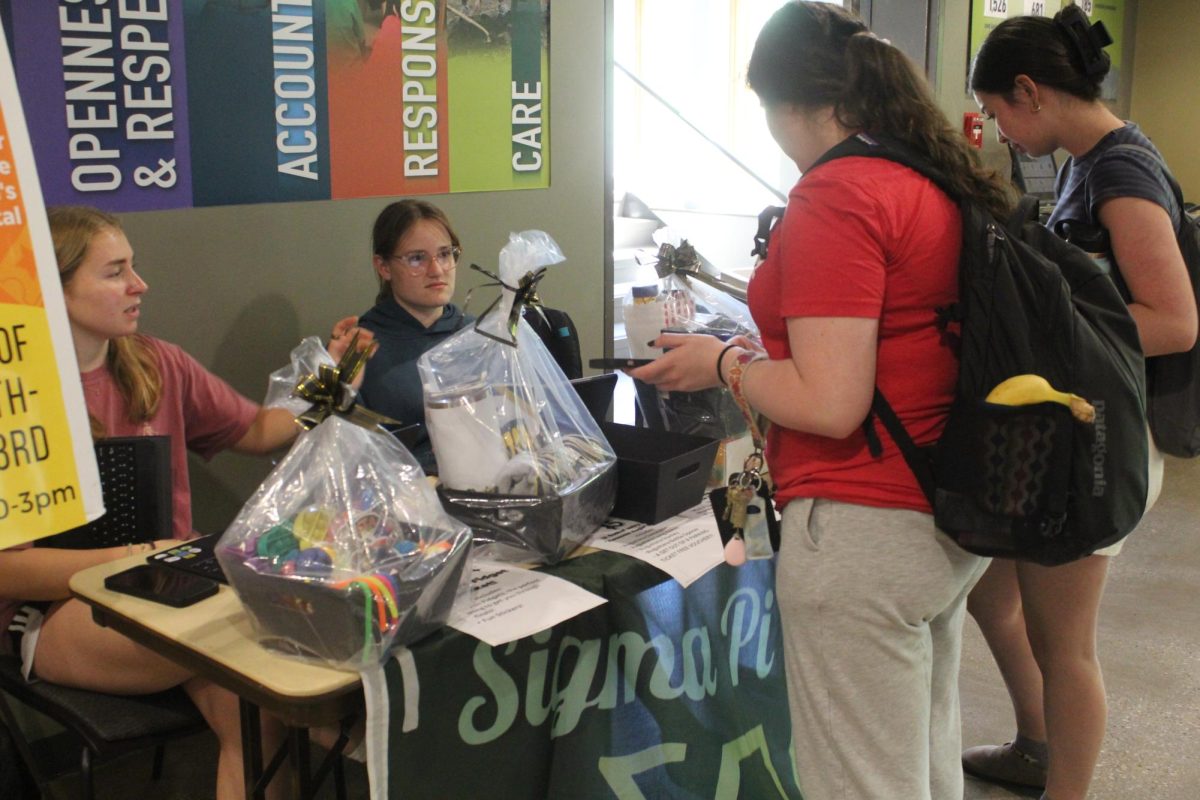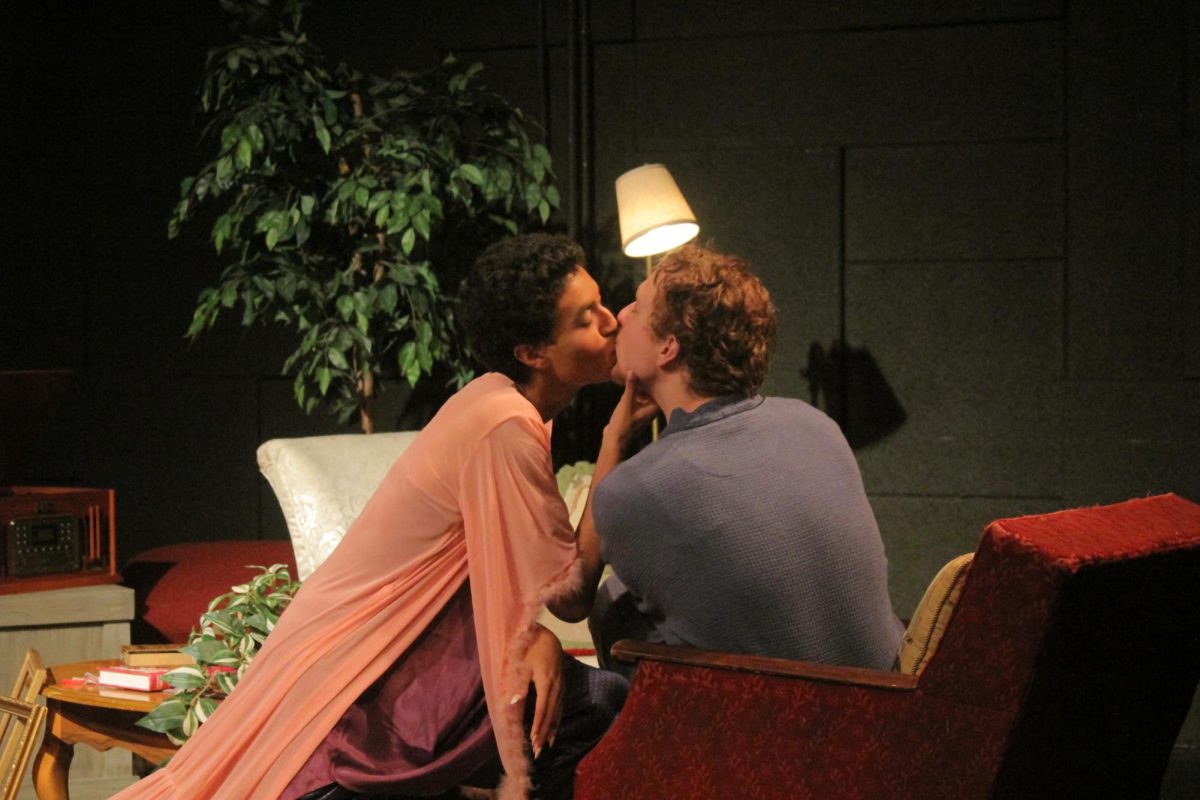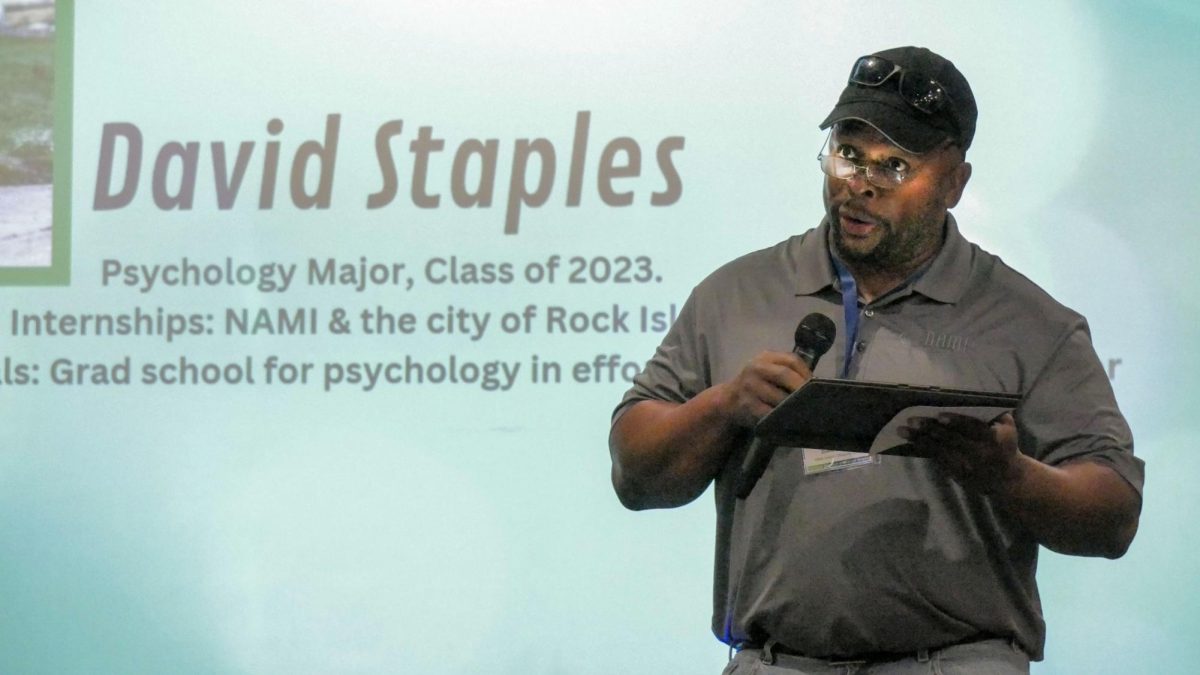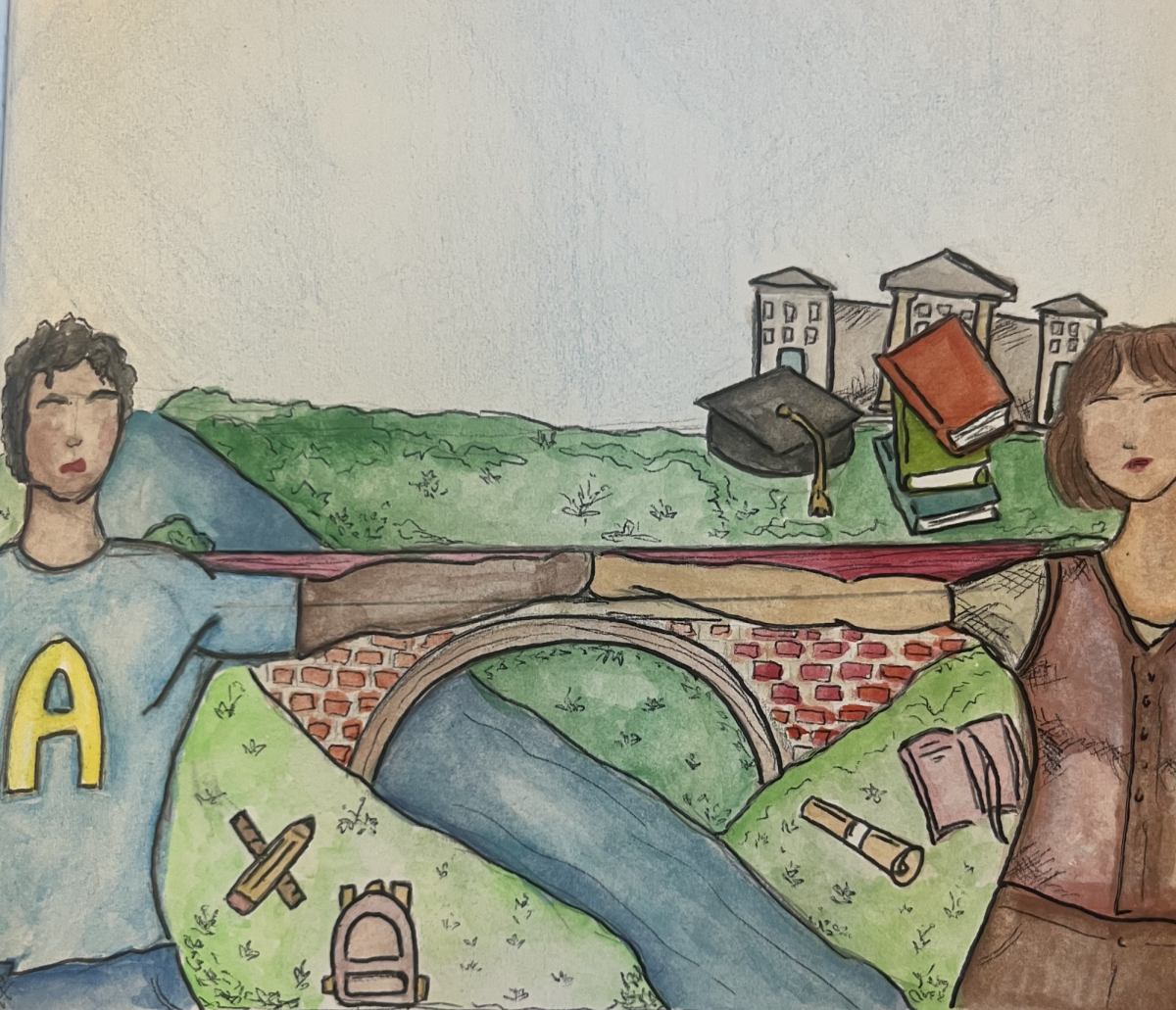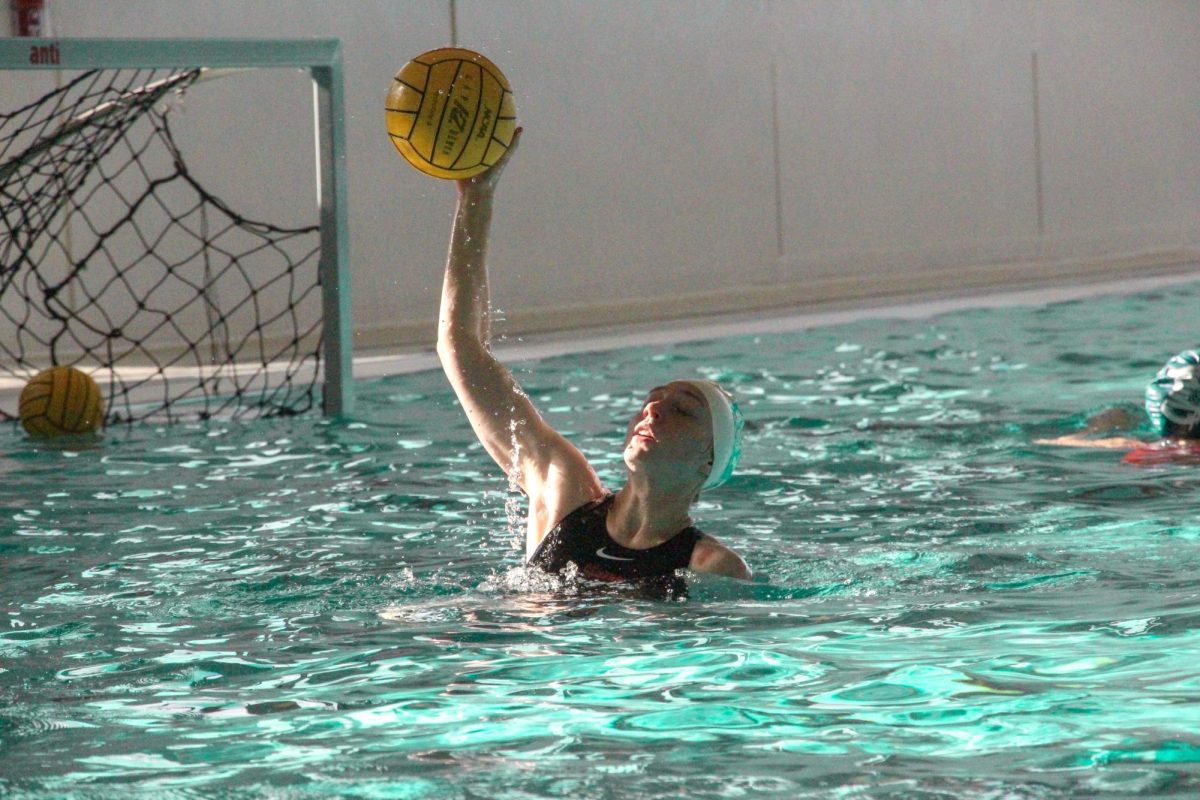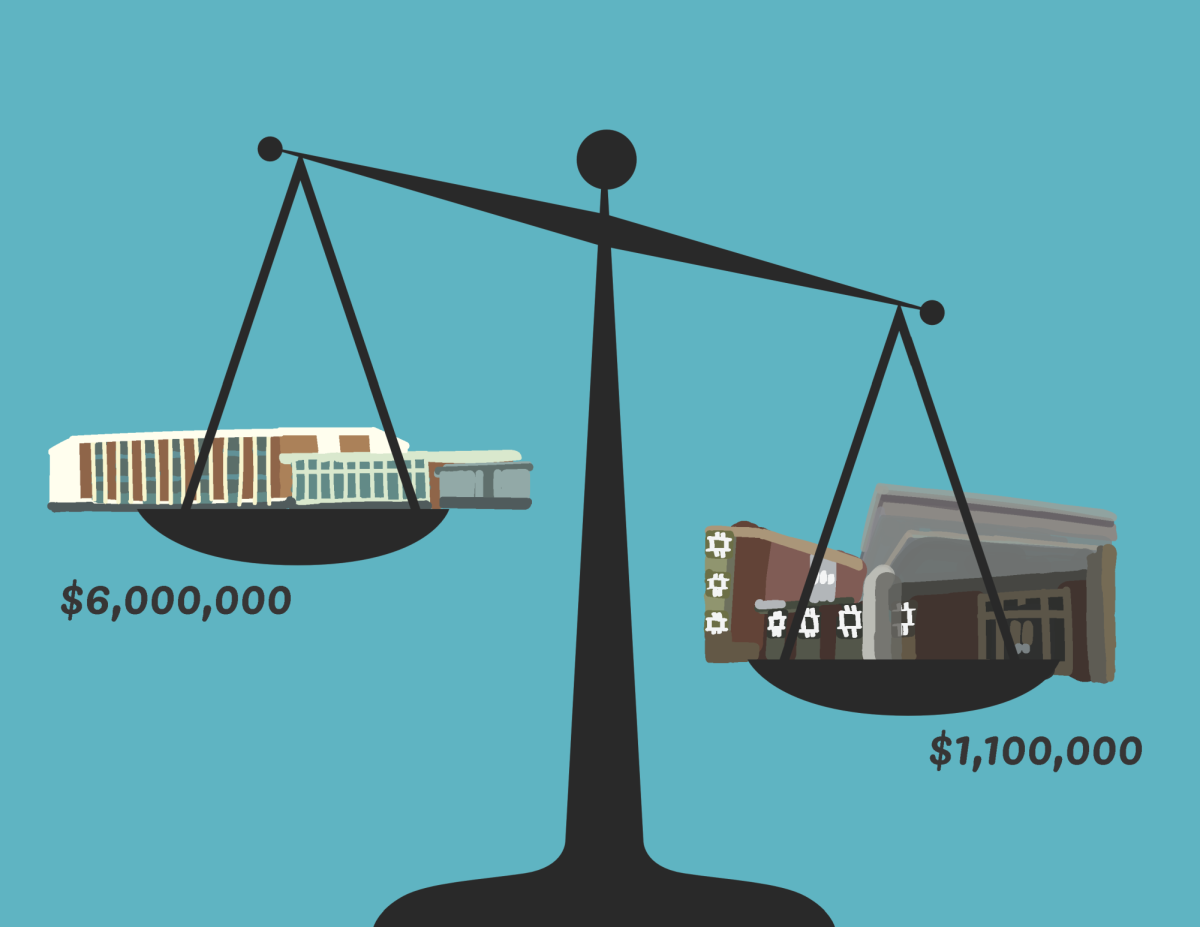As we near the end of the fall semester, students often grapple with whether or not it is too late to join clubs.
The campus offers a wide variety of extracurriculars for students to engage in, advertised in the student bulletin or during the Activity Fair at the start of the school year, but there is the possibility of a stigma surrounding joining clubs late into the semester.
This is due to the varying times of club recruitment and the willingness of students to join later in the semester, but is also dependent on the nature and structure of the club itself.
Several factors contribute to the stigma surrounding joining clubs late in the semester, like the fear of disrupting the established dynamics within a club or the struggle to adapt to the club’s norms and traditions.
Academic and professional organizations might be more welcoming, understanding that students need time to acclimate to their schedules before committing to extracurricular responsibilities.
There are times when students may sign up for clubs early in the semester, only to find that they are unable to attend meetings consistently due to time conflicts.
Joining clubs later in the year avoids this issue, but raises another as students will encounter difficulty joining certain clubs due to timing.
Club sports teams or performance groups might face logistical challenges integrating latecomers, potentially contributing to this stigma. Also, some students fear their late entry may be perceived as disinterest or a lack of commitment.
There’s a prevailing notion that those who join late might struggle to catch up with the club’s dynamics, established friendships and ongoing projects. Club bonding and team-building often occur early in the semester, causing those who join late to feel like they missed out on crucial connections and shared experiences.
Additionally, clubs with limited resources, such as equipment or funding, may find it challenging to accommodate latecomers.
While it is undeniable that a stigma surrounding late club attendance exists, it is not universal; it varies significantly from one club to another.
Some clubs are more accommodating and actively welcome new members throughout the semester, recognizing that students’ schedules and interests may evolve.
On the other hand, clubs with established group dynamics or activities of a fast-paced nature may inadvertently foster an environment that makes latecomers feel like outsiders.
To combat the stigma surrounding late entry into clubs, both existing members and club leaders need to foster inclusivity. Clubs can actively promote an open-door policy, emphasizing that new members are always welcome, regardless of when they decide to join.
Otherwise they could communicate clearly about the flexibility of their activities and encourage participation from students who might have hesitated to join earlier in the semester.
Communication is key — promoting awareness of open membership policies and encouraging a welcoming atmosphere for newcomers can go a long way in dismantling any perceived stigma.
The stigma surrounding joining clubs late in the semester is a concern for many students at Augustana,
However, the extent of this stigma varies significantly from club to club.
By fostering a culture of inclusivity and understanding, clubs can break down the barriers that prevent students from joining late and debunk the stigma associated with joining clubs mid-semester.
After all, the essence of a college community lies in its ability to embrace diversity and welcome new perspectives at any point in the academic journey.
